Conservation and Research
For 191 years, NHSN members have carried out conservation and research across the North East. Take a closer look at how they do it.
Conservation, research and recording
NHSN members are passionate about protecting, celebrating and studying North East nature.
Thanks to your support, enthusiastic volunteers are able to make a difference for wildlife, from the Tweed to the Tees.
Together, our members work to further our knowledge of nature in the North East by encouraging participation in biological recording and citizen science, funding small-scale conservation projects and sharing the work and research of passionate local naturalists.
From bird ringing to botany, NHSN members are involved in many projects designed to increase our understanding of local natural history. Find out more about some of these below.
The future of habitats and landscapes is important to me and I value the work of NHSN in the delivering of courses, field studies and talks. Also, that local scientists are out in the environment looking at trends and recording vital data – this will contribute to future land and wildlife management.
2018 survey Participant
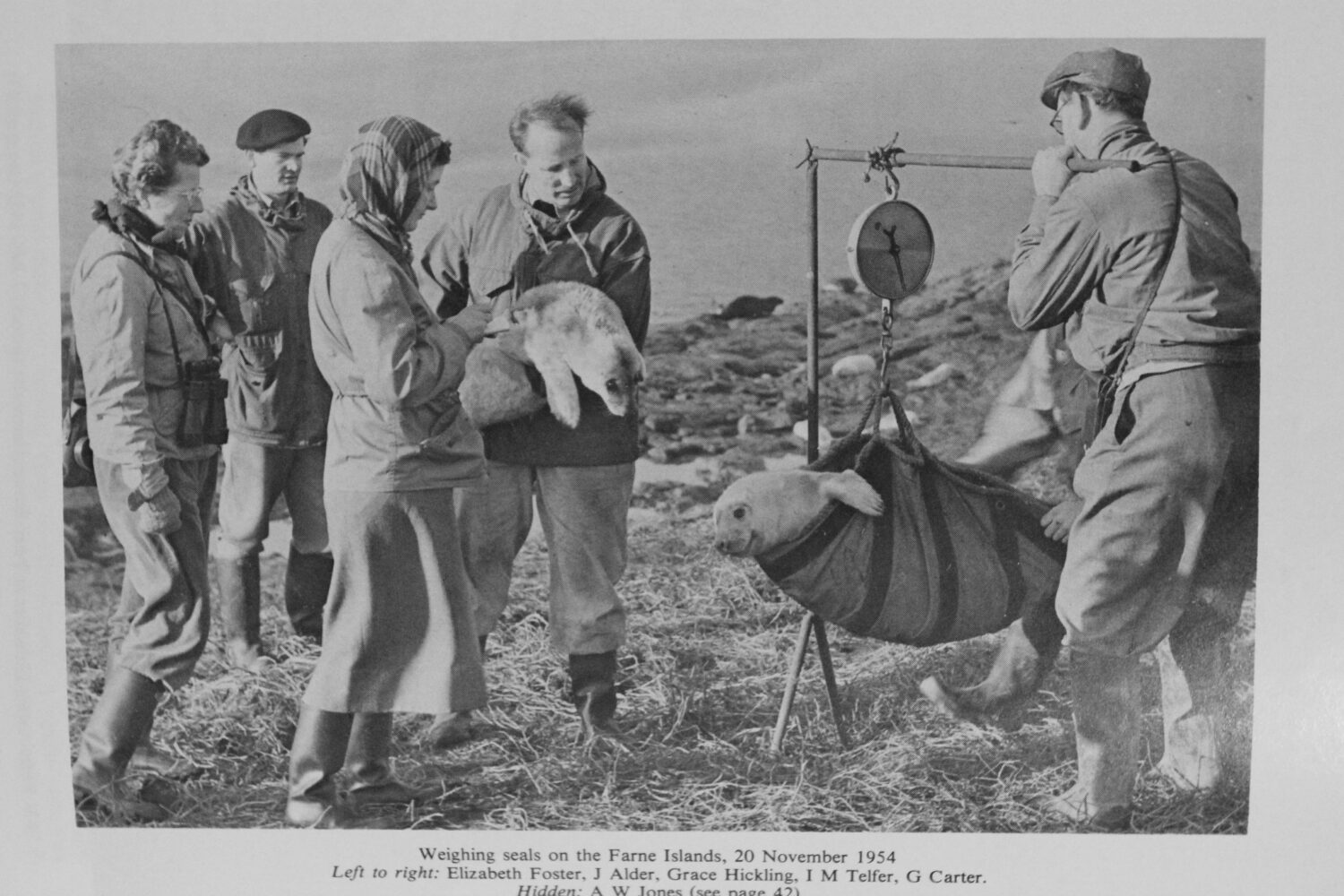
Working in collaboration
At NHSN, collaboration is at the heart of everything we do.
We believe that the only way to make a difference for nature is to work together.
In carrying conservation and research, volunteers work in partnership with the other conservation organisations across the region.
Sharing the research of North East naturalists
The North East is home to an incredible community of naturalists, each committed to studying and protecting local wildlife.
Through our Northumbrian Naturalist journal and natural history talks, we’re committed to sharing the work of North East naturalists.
Below, you can explore just some of the research shared over recent years.
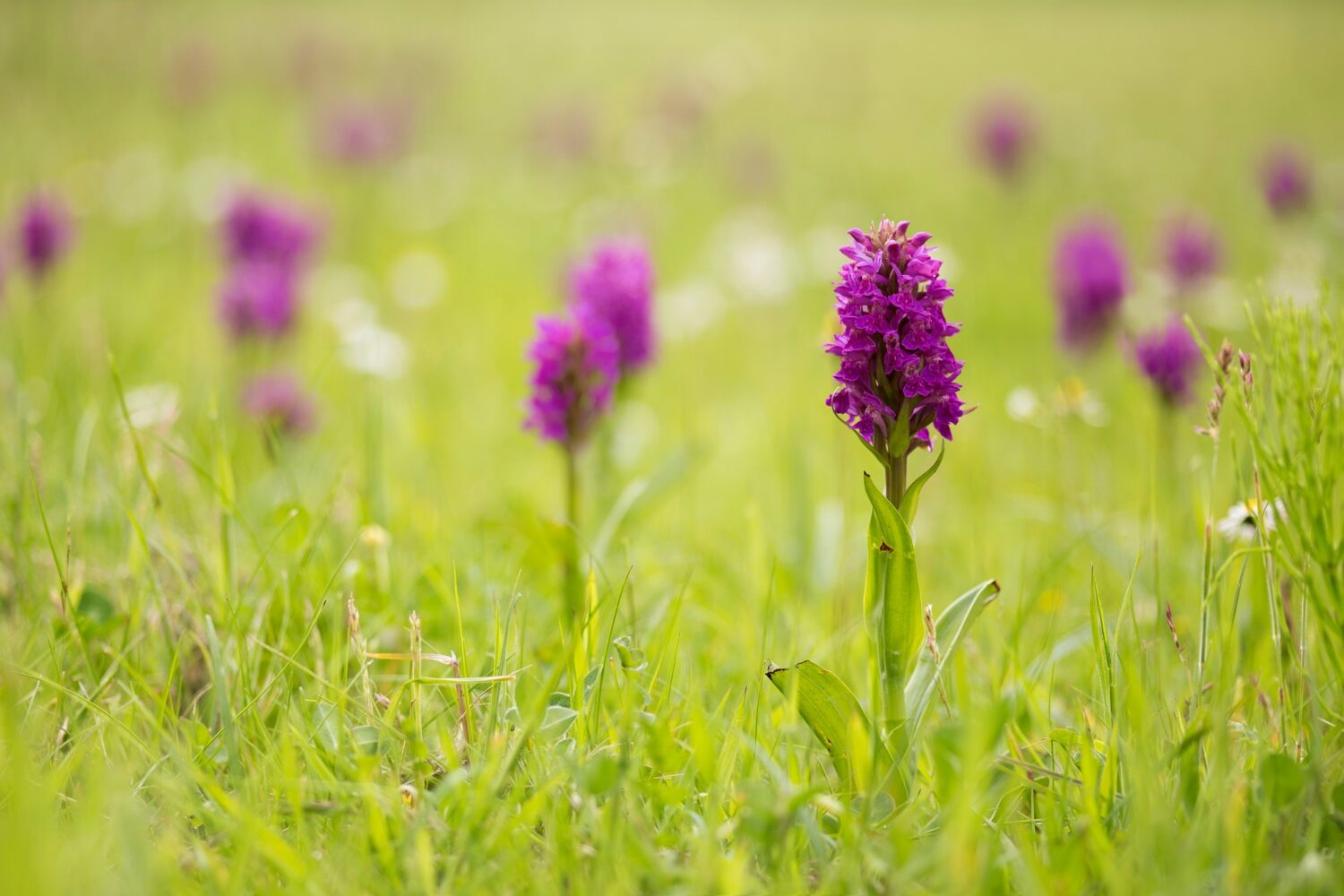
Small Grants
Thanks to a generous bequest from the Dickinson family and the support of NHSN members, we provide small grants to help NHSN members carry out natural history projects.
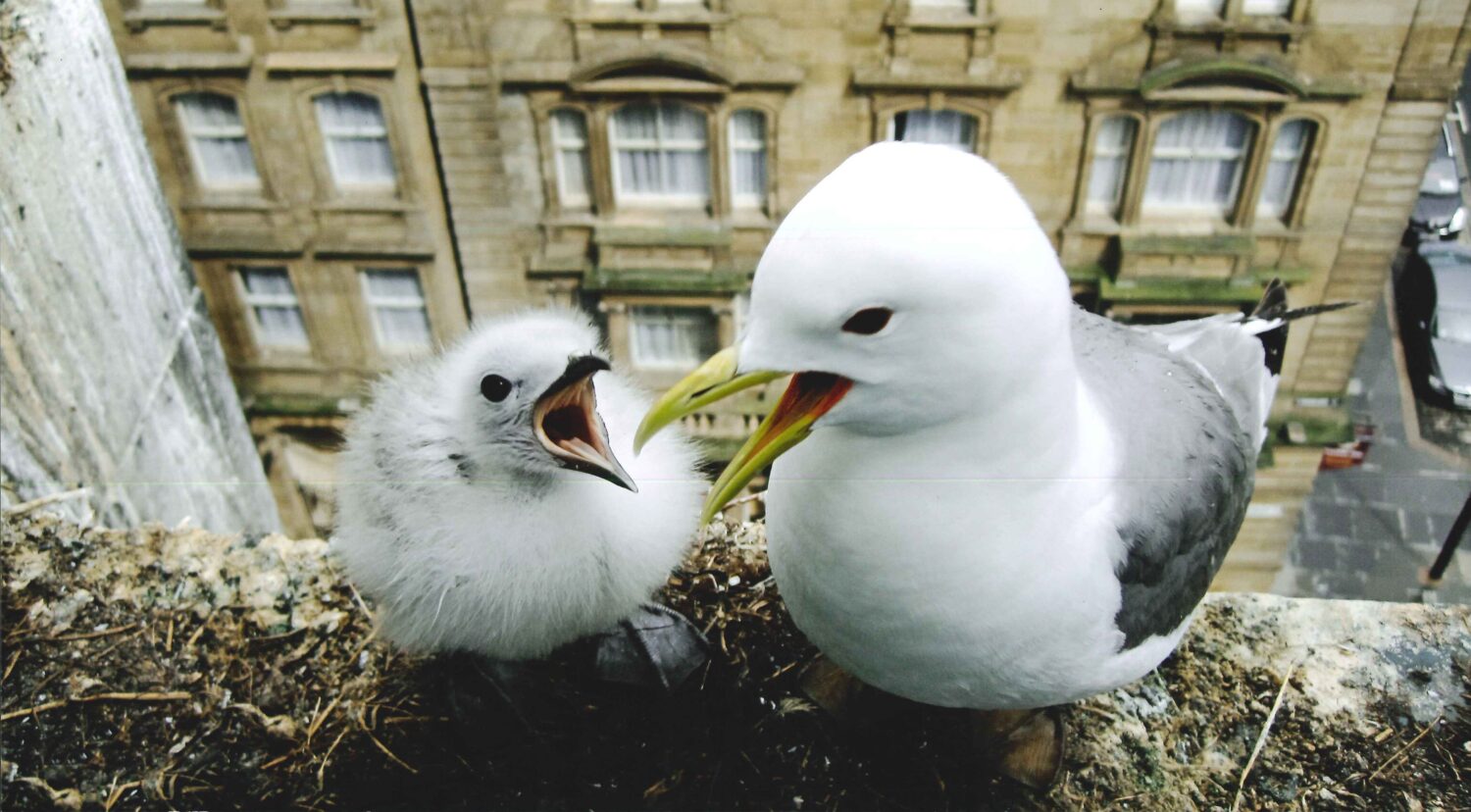
Tyne Kittiwakes
Since the 1960s, the River Tyne has supported the most inland breeding colony of kittiwakes in the world.
The Tyne Kittiwakes are monitored by local ornithologist, Dan Turner, and, with data strength back to the early 1990s, we’re pleased to share breeding reports and further information about this precious local colony.
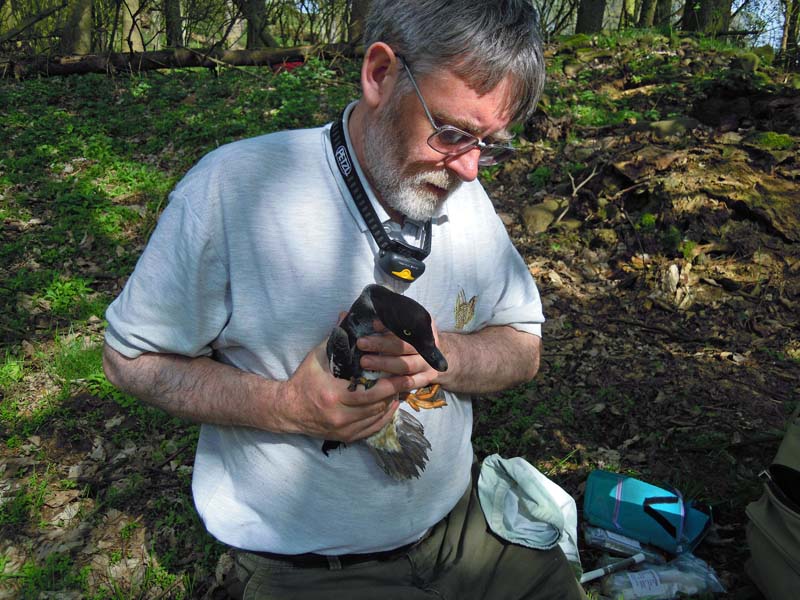
Bird Ringing
NHSN volunteers have been involved in bird research for many decades, particularly through the use of bird ringing and satellite tagging as a conservation and monitoring tool.
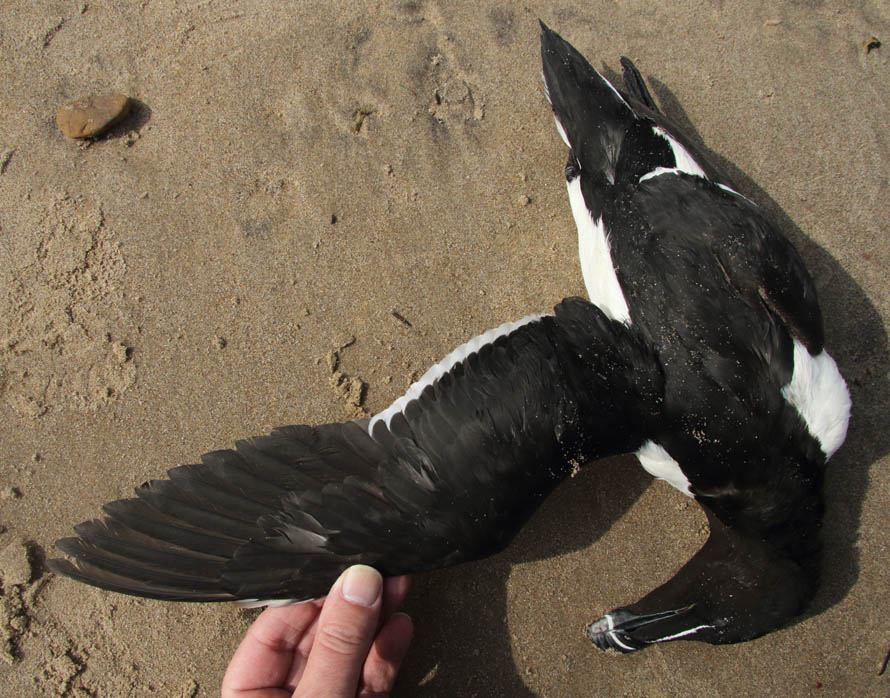
North East Beached Bird Surveys
A voluntary group composed of keen, regular beach surveyors. Our members are interested in birds, the environment in general, pollution of marine ecosystems and how to improve the health of the maritime environment.